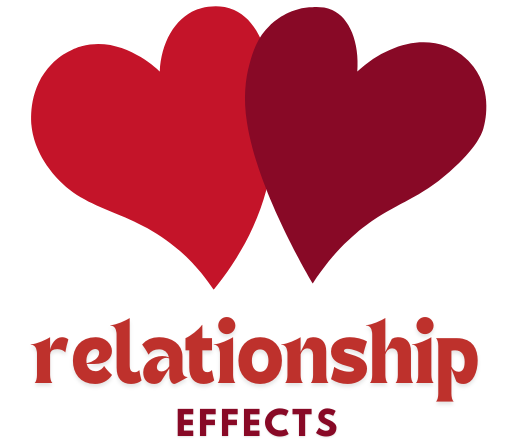Falling in love is one of the most profound experiences a person can have. It’s a process filled with excitement, uncertainty, and deep emotions that can change our lives. But how long does it really take to fall in love? The answer isn’t straightforward. It varies widely depending on individual personalities, past experiences, and the unique dynamics of each relationship.

The Spark: Instant Attraction
For some, the journey to love begins with an instant spark—a moment of connection that feels almost magical. This initial attraction can happen within seconds of meeting someone. It’s that inexplicable feeling when you lock eyes with a stranger across a crowded room and feel an immediate, intense pull towards them. While this doesn’t mean you’re in love, it sets the stage for deeper feelings to develop.
Psychologists suggest that physical attraction and chemistry play significant roles in this immediate connection. Our brains are wired to seek out potential mates based on a range of subconscious cues, from physical appearance to body language and even scent. This initial attraction can create a powerful foundation for love to grow, but it’s just the beginning.
Getting to Know Each Other
True love, however, goes beyond the initial spark. It requires getting to know each other on a deeper level. This phase can take weeks, months, or even longer, depending on how much time and effort both parties invest in the relationship. During this period, you learn about each other’s values, dreams, fears, and quirks. You see how your partner handles different situations, from minor inconveniences to major life challenges.
Building a connection through shared experiences and open communication is essential in this stage. Trust and understanding develop as you spend more time together, and the initial infatuation evolves into a more substantial emotional bond. It’s during this time that you start to see if your relationship has the potential for long-term commitment.
The Roadblocks: Challenges and Realizations
Every relationship faces its share of challenges, and how you navigate these obstacles can determine the pace at which you fall in love. Conflicts, misunderstandings, and differences in expectations can either strengthen your bond or drive you apart. The way you and your partner handle these issues reveals a lot about your compatibility and emotional resilience.
In this phase, some couples realize they aren’t as compatible as they initially thought. These realizations can be painful, but they are crucial for understanding what you need in a relationship. For those who navigate these roadblocks successfully, overcoming challenges together often deepens their emotional connection and solidifies their feelings of love.
Emotional Intimacy and Vulnerability
A key aspect of falling in love is emotional intimacy and vulnerability. Love isn’t just about the good times; it’s about being able to share your deepest fears and insecurities with someone who accepts and supports you. This level of intimacy can take a long time to develop, as it requires trust and a willingness to be open and honest.
Vulnerability can be scary, especially if you’ve been hurt in the past. However, allowing yourself to be vulnerable is essential for forming a deep emotional bond. When your partner responds with empathy and understanding, it fosters a sense of safety and security that is the hallmark of true love.
The Timing of Love
The timeline for falling in love is highly individual. Some people might feel confident in their feelings after just a few dates, while others may take months or even years to open up and commit fully. Factors such as previous relationships, personal insecurities, and life circumstances all play a role in this timing.
It’s also worth noting that love can evolve over time. The initial stages of passionate love often give way to a deeper, more stable form of love known as companionate love. This phase is characterized by mutual respect, deep affection, and a strong sense of partnership. It’s a gradual process that continues to develop as you build a life together.
There’s No Right Answer
Falling in love is a complex and deeply personal experience. There’s no set timeline for when it happens, and the journey can be as unique as the individuals involved. From the initial spark of attraction to the deep emotional intimacy that defines true love, the process is filled with moments of joy, challenges, and growth.
Ultimately, love is about more than just time; it’s about the connection, trust, and mutual understanding that develop between two people. Whether it takes weeks, months, or years, the path to falling in love is a journey worth taking, leading to one of the most fulfilling and transformative experiences in life.
Ally is editor at Relationship Effects and a keen writer on the topics of love and relationships. When she's not writing about the highs and lows of being in love, you're likely to find her catching up on the latest season of Bridgerton (again), reading, or hanging with her two ragdoll cats.
